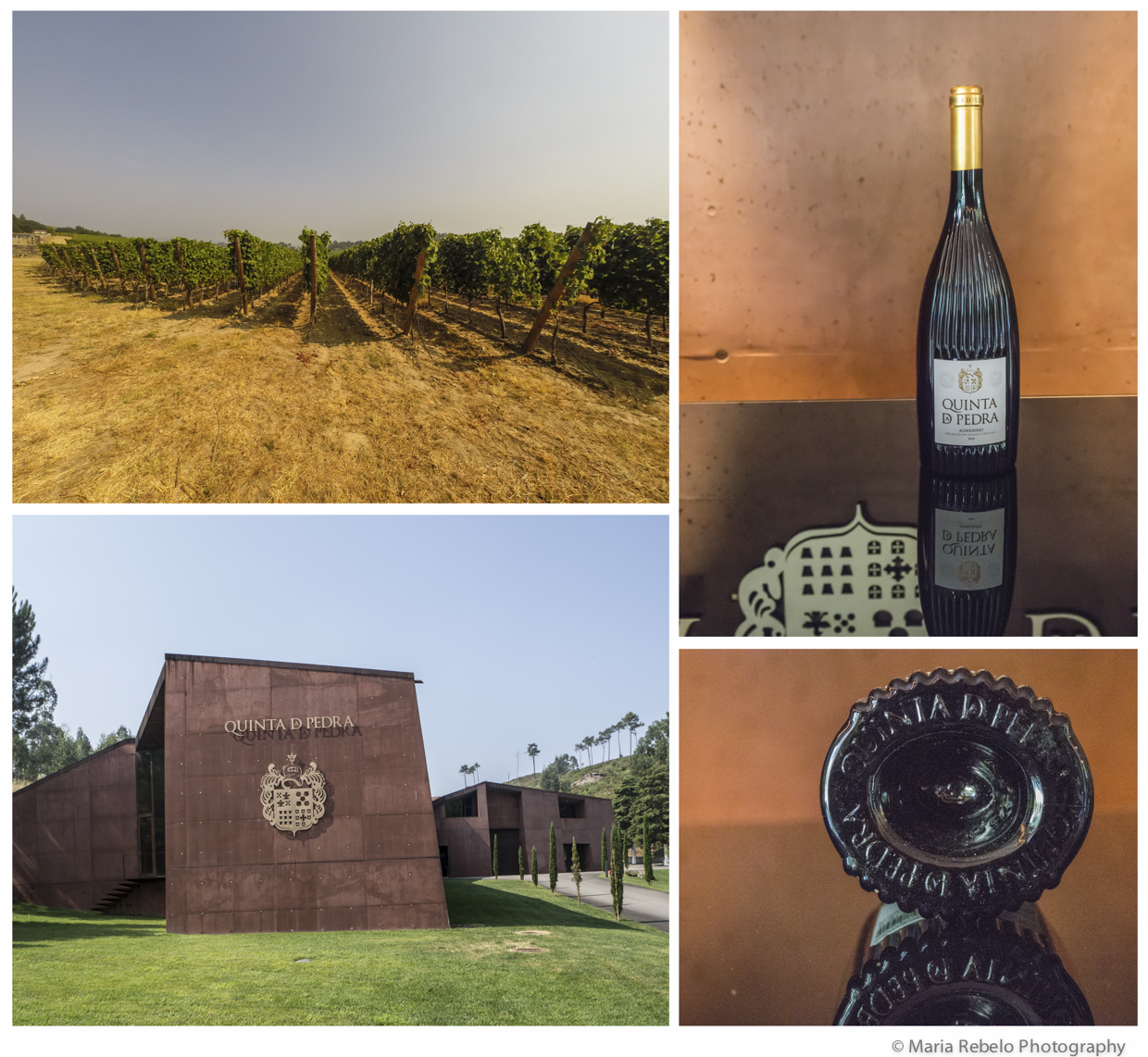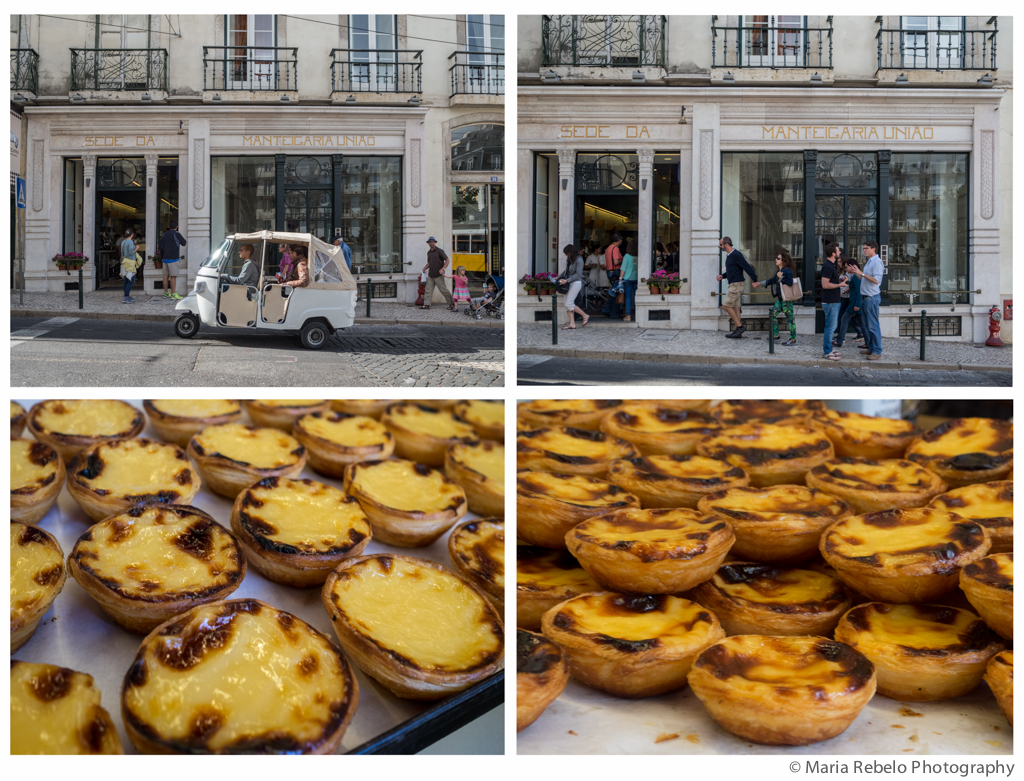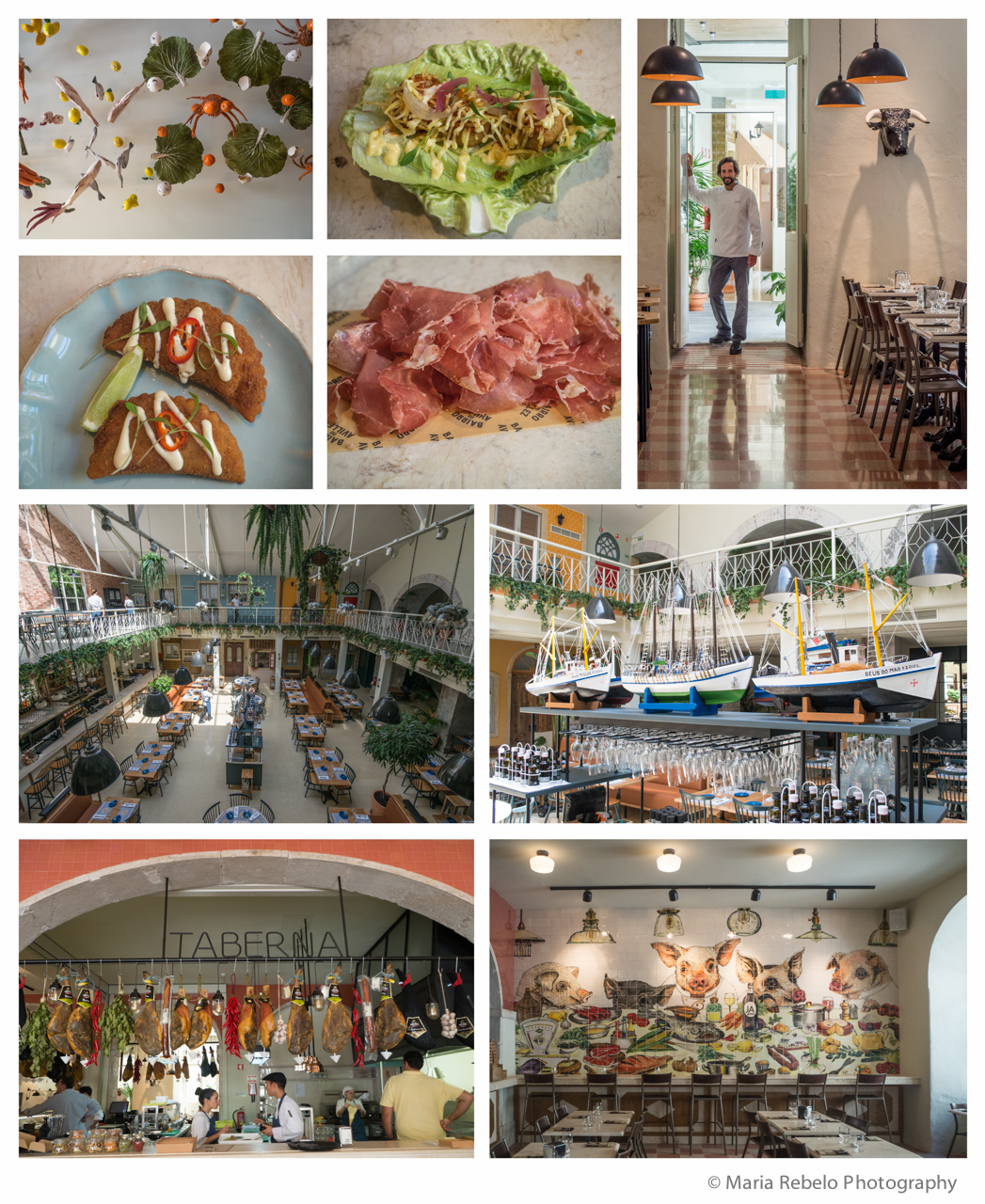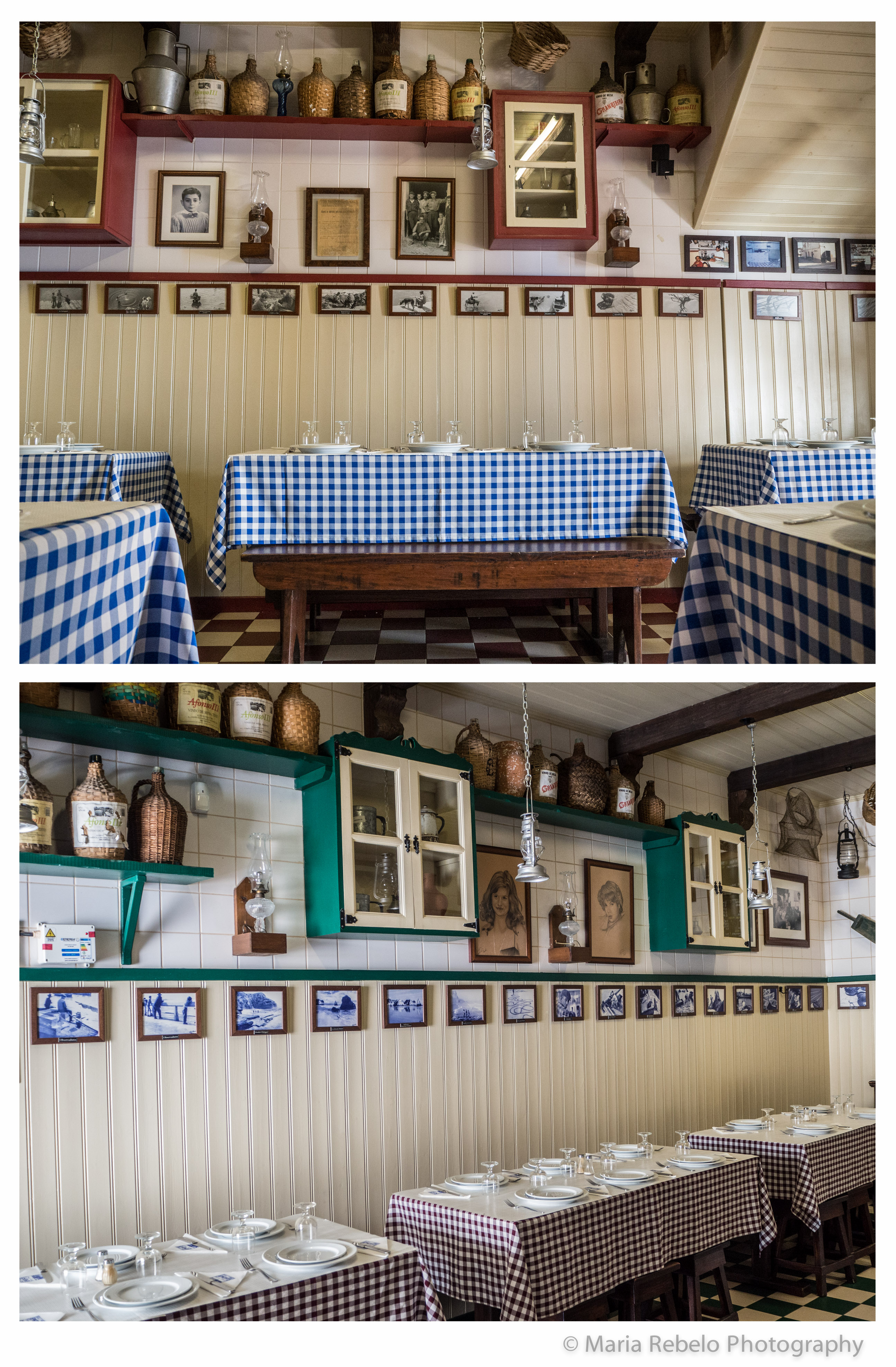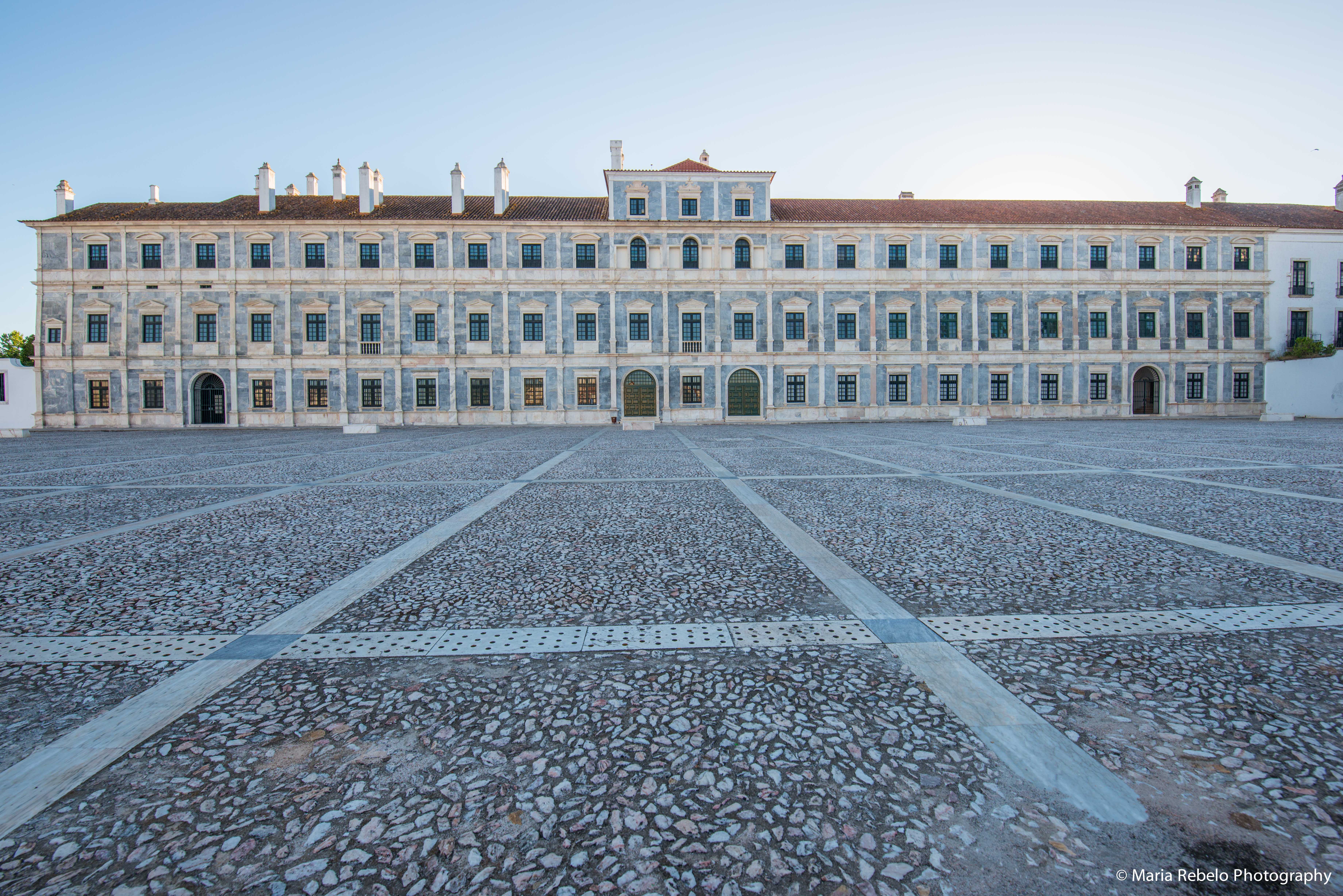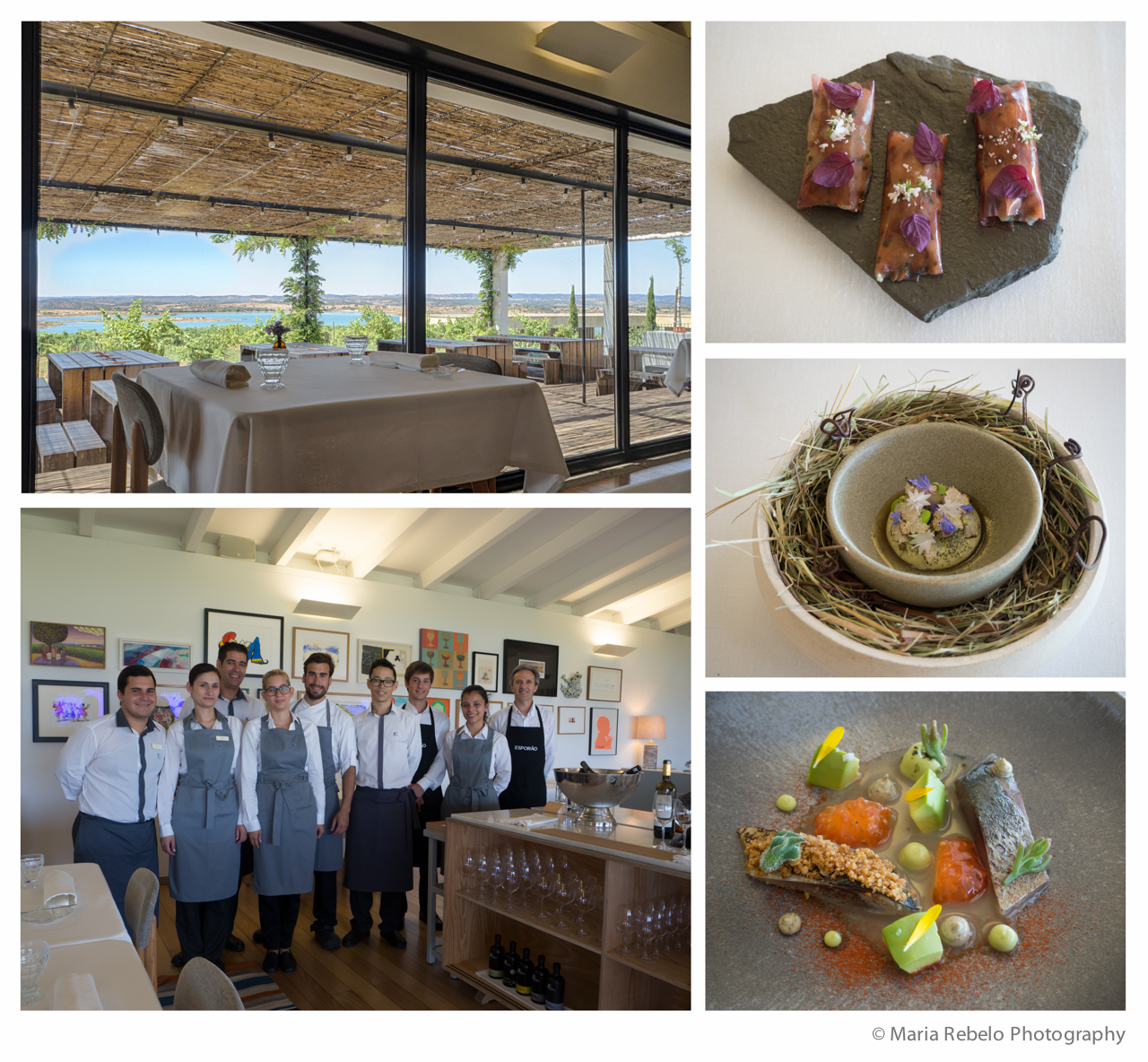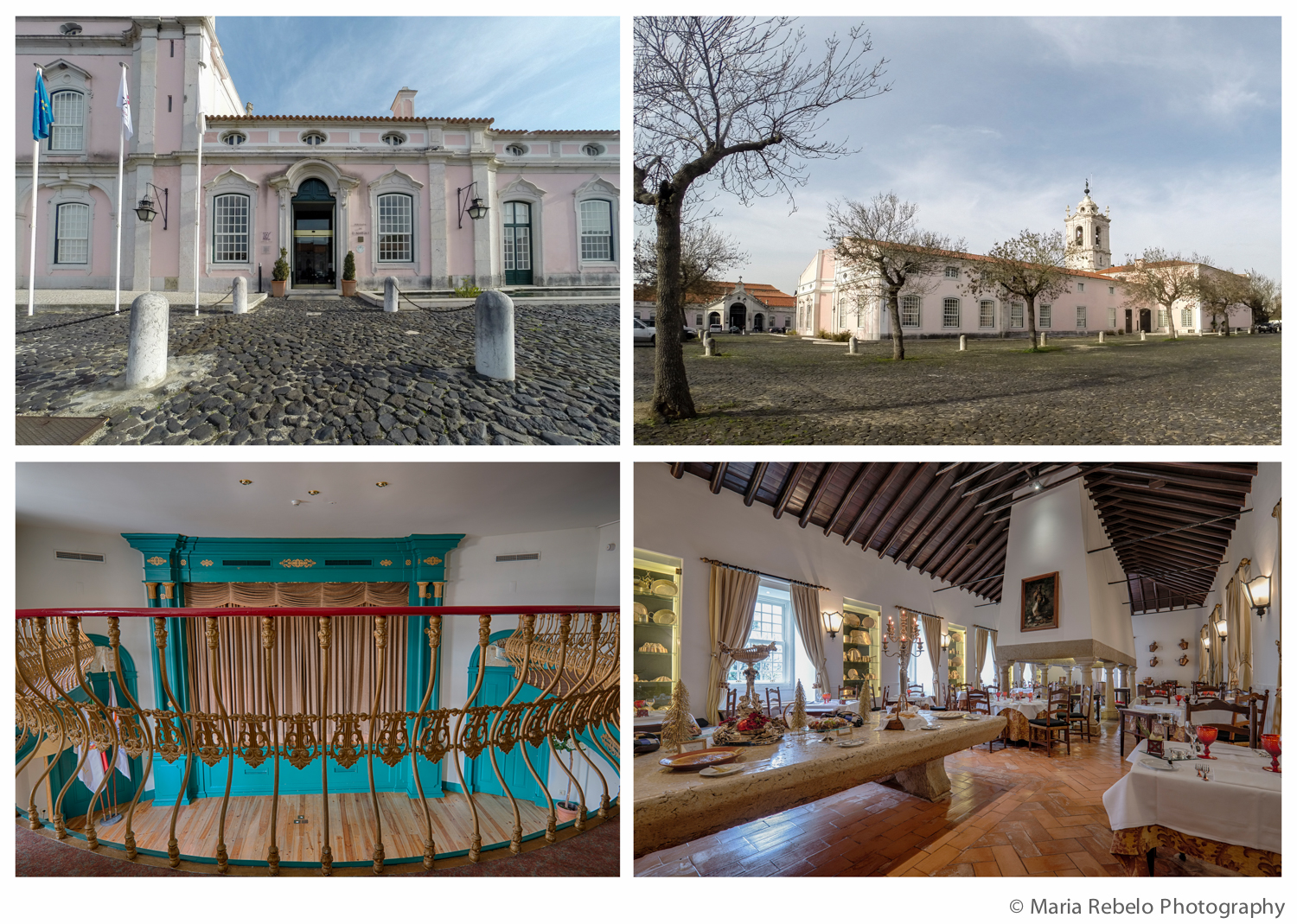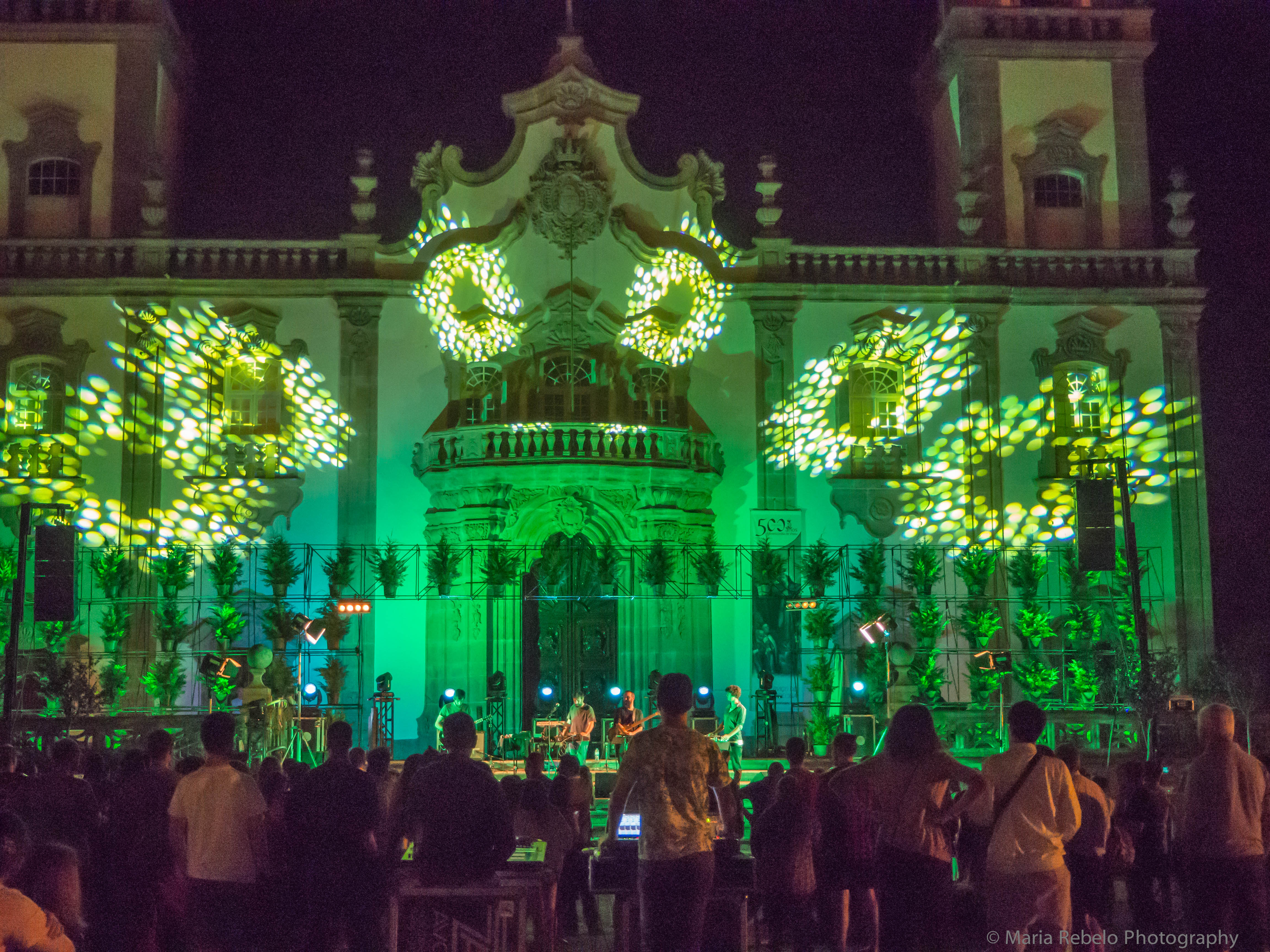
On January 7, 2023, Susan H. Price ended her battle with cancer and dementia. She is now without pain, and she has her words back! However, she is missed every day in a million different ways. She had a lovely funeral where her family and friends were able to celebrate her life and she is buried near some trees in Ocala, Florida which I think she would have been quite pleased with.
This is her eldest daughter, Bethy writing. I was able to save mom’s blog so that we all can continue to enjoy her writing and sense of humor many years into the future. I will continue to write sporadically, because I want to remember her and all the amazing ways, she was a human and a mother and aunt and grandmother.
Mom fought long and hard through her many health problems. She started developing signs of dementia as early as 14 years ago (and possibly earlier) and discovered breast cancer 7 years ago (approximately). Even though she was in pain and had limited vocabulary she never ever stopped being interested in all the goings on of her grandchildren and children. She was able to sing up until weeks before her death. She would always say, “I love you,” clearly up until the end.
I know my siblings and I have no doubt about how much she loved us. She never failed to let us know how proud she was of us. 69 years was too little a time to know such an amazing Mommy.
I hate to end on such a sad note, but the past few months have been difficult with a lot of annoying firsts that I would never want to have to keep track of. Mom’s first birthday in heaven, 3 months since I hugged her, first holiday (Easter) without her, and so on. I know things will get easier, but they just aren’t right now. I hope that you too have some lovely memories of the amazing person I called Mommy and feel free to share them! I never get tired of the stories about her.
